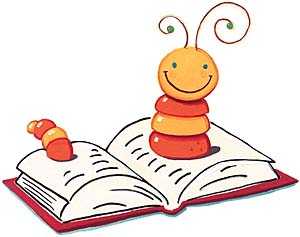Book
Review- A Ball for Daisy by Chris
Raschka
A.
Bibliography
Raschka, Chris. 2011. A Ball for Daisy. New York, New York: Schwartz
and Wade Books. ISBN 9780375858611
B.
Plot
Summary
Daisy is a fun-loving
dog with a special toy- a shiny, chewy, red ball. Not only is her toy a
playmate, Daisy sleeps with the ball next to her! One day, the ball accompanies
Daisy to the park. All is great until another dog begins to play with her
beloved toy. The ball is destroyed, just like Daisy’s heart. Daisy is
inconsolable until the next trip to the park, when the same dog that destroyed
her red ball, brought her a blue, replacement ball. The story ends with Daisy napping
contently alongside the blue ball on the couch.
C.
Critical
Analysis
The underlying theme of
love and loss is portrayed beautifully in Rashka’s wordless picture book. Daisy
goes through what all children go through at least once in their lives- the
loss of a well-loved possession. Daisy’s feelings for her ball are portrayed
without the need for words. Through Raschka’s illustrations, the reader can see
Daisy’s excitement and adulation for her red ball. Equally, the feelings are
clearly evident when the ball is destroyed by a playmate.
Chris Raschka uses
impressionistic style illustrations to portray the story of Daisy and her ball.
The colors are light, with natural blends that easily show the reader the time
of day, season, and weather. The swirling images are eye-catching, without
being over-whelming.
D.
Review
Excerpts
·
2012 Randolph Caldecott Medal Winner
·
Starred review in School Library Journal, 2011 “Raschka’s genius lies in capturing
the essence of situations that are deeply felt by children.”
·
Starred review in Kirkus Reviews “Rarely, perhaps never,
has so steep an emotional arc been drawn with such utter, winning simplicity.”
E.
Connections
·
Write and illustrate a narrative
composition about a student’s own memory of the loss of something important to
them.
·
Using shared writing, teachers and
students can write their own words to accompany the illustrations.
·
For English Language Learners, this is a
great way for students to feel included in the story. ELLs can create their own
wordless picture book to portray a story that is important to them.


No comments:
Post a Comment